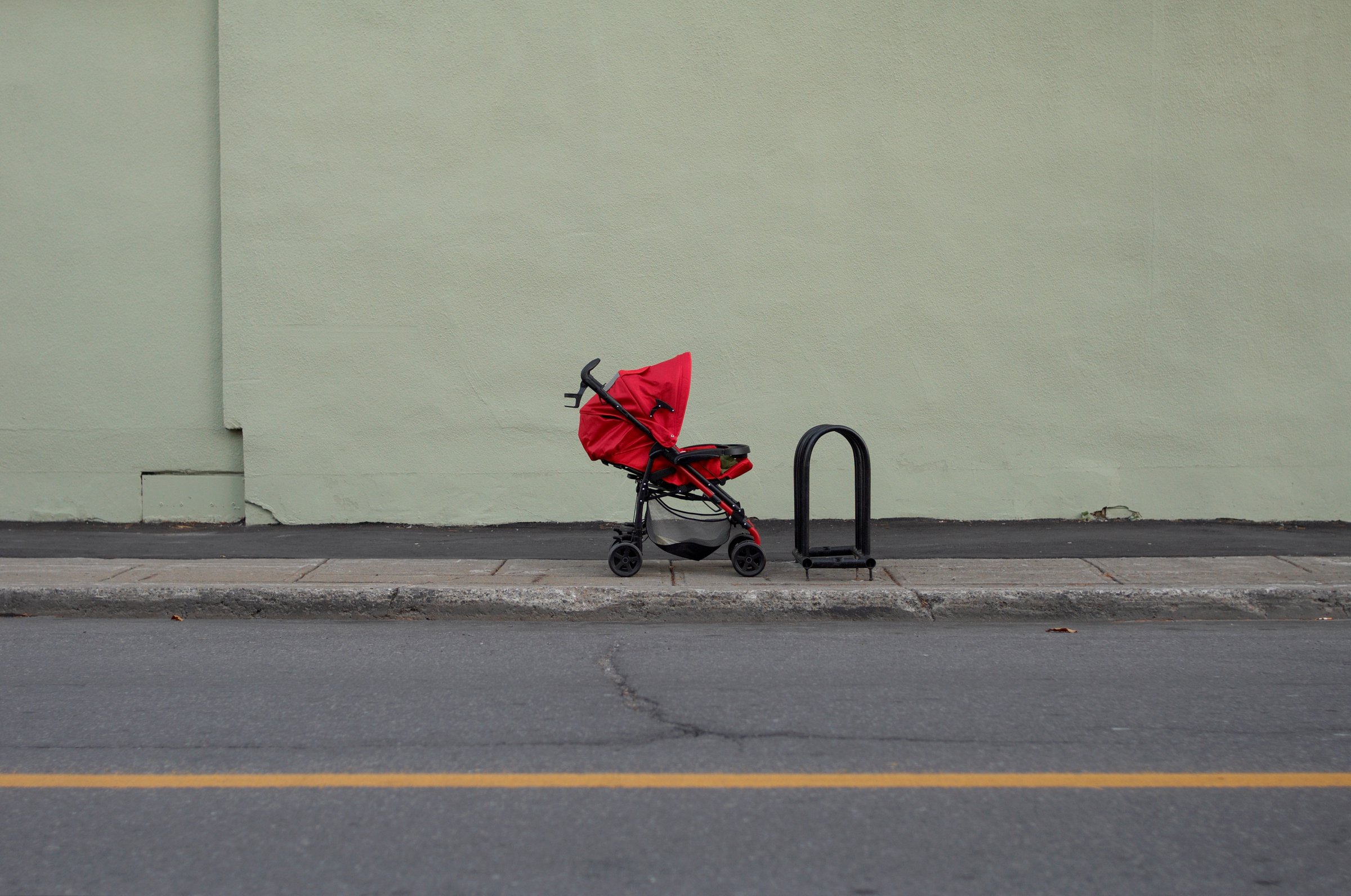
Baby boom? Try baby bust. And the one that the U.S. experienced following the 2008 recession is going to have a “ripple effect” across the economy in the coming years, according to a story in the Wall Street Journal Tuesday. Though the birth rate will likely be slightly up for 2015, from 3.99 million to 4 million, it’s not rebounding quickly from its pre-recession highs that had been the norm since the 1980s. (The projections come from a forecasting firm called Demographic Intelligence, but we’ll know for sure in June.)
The lower rates since then translate to about 3.4 million fewer births between 2008 and 2015, according to Kenneth Johnson, a demographer at the University of New Hampshire.
Fewer babies are born, so hospitals feel the pinch. Fewer baby clothes and toys are purchased, so retail takes a hit. Fewer kids need fewer bunk beds in the smaller houses that their parents are buying for their smaller families. And so on.
What’s more, though, is that the birth trend says a lot about women and progress. See what the Journal wrote, emphasis ours:
A swirl of social and economic factors is damping births in the U.S. Millennial women are delaying marriage as well as childbearing. A flow of Latino immigrants who helped lift the U.S. birth rate has tapered off. Women are now outpacing men in earning college degrees, a milestone that weighs on birth rates as it heightens the cost of women pulling back from their careers to have children. And young adults are less attached to organized religion than older generations were at their age, research shows, which is thinning the ranks of a group that tends to have more babies.
Eventually, even years in the future, the effect could reduce funds the population contributes to, such as Social Security and Medicare. In the meantime, the U.S. could introduce some kind of baby stimulus—Japan, Russia, Germany and Singapore might have some tips.
More Must-Reads from TIME
- Why Biden Dropped Out
- Ukraine’s Plan to Survive Trump
- The Rise of a New Kind of Parenting Guru
- The Chaos and Commotion of the RNC in Photos
- Why We All Have a Stake in Twisters’ Success
- 8 Eating Habits That Actually Improve Your Sleep
- Welcome to the Noah Lyles Olympics
- Get Our Paris Olympics Newsletter in Your Inbox
Contact us at letters@time.com